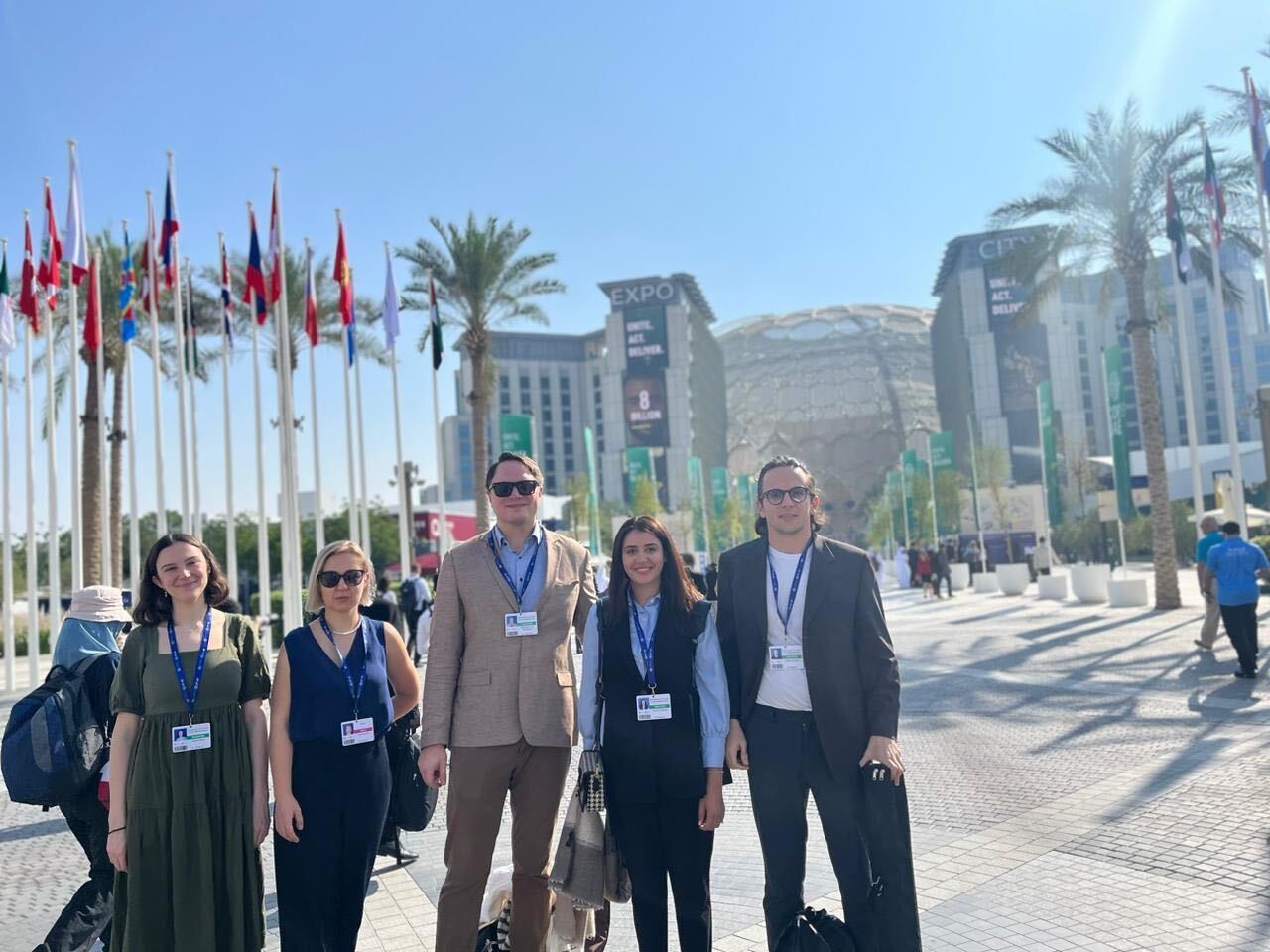COP28
COP 28 - What's next?

The UNFCCC’s Conference of Parties (COP28) in Dubai is coming to an end. For almost two weeks, delegations from all over the world have discussed and debated climate protection, adaptation, impacts and cooperation on a global scale with representatives from 193 countries. More than 70,000 people attended the much-awaited event - including experts from the Friedrich Naumann Foundation for Freedom and its affiliates. What was achieved?
What to do with the fossils?
For the first time since the Paris COP21 in 2016, a climate agreement is to be adopted by the participating nations. The most important, but also most controversial point in this agreement is likely to be the future handling of fossil fuels. A broad coalition of participating countries is in favor of a gradual phase-out of oil, gas and coal. Not so much the OPEC states, the cartel of oil-exporting countries to which the host of this year’s COP, the United Arab Emirates, also belongs. Understandably, these countries are not interested in sabotage one of their most important sources of income and are instead focusing on so-called "carbon capture and storage" measures. This involves removing climate-damaging gases such as carbon dioxide or methane from the atmosphere and storing them in sediment layers, geological formations or chemical industry products, thus removing them from the cycle. Theoretically, the climate impact caused by the use of fossil fuels could be offset by capturing greenhouse gases. However, the technologies required for this have so far only been tested in pilot projects, and it is already clear that the energy required for these processes will be enormous. From a scientific point of view, there is little doubt that carbon capture must make an important contribution to international climate policy. This technology could therefore contribute to making a consistent, gradual phase-out of fossil fuels possible and financially feasible. Carbon capture could therefore facilitate a decision against fossil fuels in the long term. Perhaps the saying "Only Nixon could go to China" will experience a renaissance. In future, it could then be: "Only the UAE could put an end to fossil fuels".
A brief summary:
In addition to the open question of how to deal with fossil fuels in the future, other topics were on the conference agenda. Among other things, the fair distribution of the financial burden of the consequences of climate change was discussed. The crux of the matter is that people in the countries of the global South are the hardest hit by the consequences of climate change. At the same time, they have historically neither contributed significantly to climate change nor benefited economically from the associated industrialization. To address this imbalance, a disaster fund known as the "loss and damage fund" was established during this year's COP. Both Germany and the UAE have pledged 100 million US dollars each to the fund thus far. This marks an important first step toward establishing a more equitable international system that considers the major emitters without penalizing the least emitting nations. Efforts have been underway for several years to devise this framework, but it is evident that further refinement is necessary to ensure its intended role as a protective umbrella for the most vulnerable countries.
Energy system of the future
Important commitments have also been made for the restructuring of the energy system. For example, the capacity of renewable energies is to be tripled worldwide by 2030. To this end, an alliance of over 120 countries has been formed. However, other climate-neutral or at least non-fossil, energy sources were also the focus of this climate conference. In a similar declaration of intent, 22 countries agreed to triple global nuclear power generation capacity by the end of the decade. Important steps on the way to leaving behind fossil fuels!
FNF at the COP28
The FNF managed to take part in one of the world's most crucial climate change conferences, hosting three livestreamed events from the COP28’s Mediterranean Coalition office in Dubai. Covering topics ranging from climate-driven migration and urban climate resilience to sustainable energy solutions, our presentations showcased reports produced with trailblazing data and information, set to make significant contributions to the existing literature on these subjects. Our panel discussions benefited from the insights of experts and industry specialists, enhancing the depth of our discourse. The discussions also acknowledged areas for improvement and emphasized the need for concerted efforts in the three focus areas, aligning with the ongoing debates at COP negotiations. While the journey to address climate change and its complex impacts is extensive, embracing comprehensive, eco-friendly solutions and open-minded liberal perspectives will help us get there.
